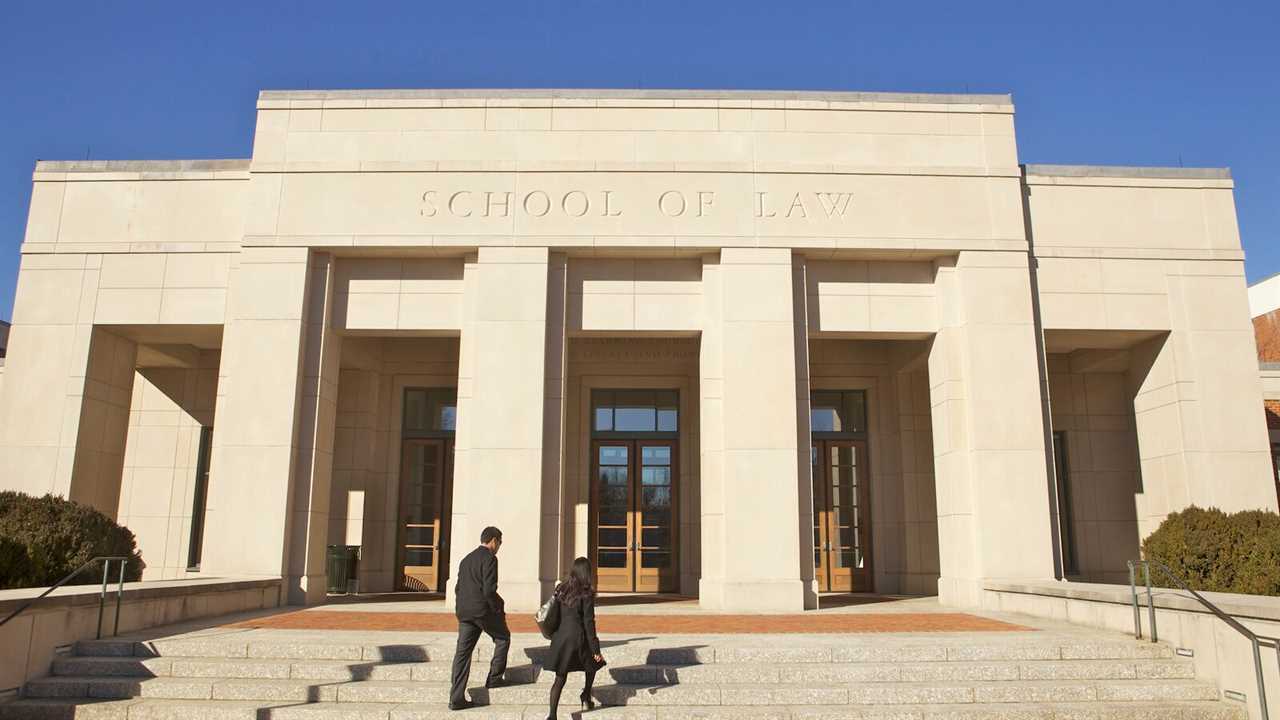
Robert S. Mueller III will teach a course at the University of Virginia’s law school intended to take students inside his investigation that concluded Russia had interfered in the 2016 election to help Donald J. Trump, the university announced on Wednesday.
The course, called “The Mueller Report and the Role of the Special Counsel,” will be taught by Mr. Mueller alongside three former federal prosecutors: James L. Quarles III, Andrew D. Goldstein and Aaron Zebley, who was Mr. Mueller’s deputy. Mr. Mueller recruited the three men to work on the investigation, which spanned two years of the Trump administration.
Mr. Mueller will lead at least one of six in-person classes and said that he hoped to bring in other top prosecutors as guest speakers, according to the university.
The course will cover the investigation chronologically, from the hiring of Mr. Mueller as special counsel in 2017 until the inquiry’s conclusion in 2019. The instructors also intend to explain the challenges that prosecutors faced and “the legal and practical context” behind critical decisions, the university said.
The final class is expected to focus on obstruction of justice and the role of special counsels in presidential accountability. The Mueller report detailed actions by Mr. Trump that many legal experts said were sufficient to ask a grand jury to indict him on charges of obstruction of justice, but Attorney General William P. Barr cleared him of obstruction soon after the report was completed.
The announcement of the course is likely to revive curiosity around the Russian inquiry, which Mr. Trump repeatedly derided as a “witch hunt” and of which Mr. Mueller has seldom spoken publicly. He was a reluctant witness during a closely watched congressional hearing in July 2019, where he testified for nearly seven hours, giving many clipped answers and largely not straying from his report’s conclusions.
Last summer, Mr. Mueller wrote an opinion essay for The Washington Post the day after Mr. Trump commuted the prison sentence of his longtime friend Roger J. Stone Jr., a political operative. In the essay, Mr. Mueller defended the prosecution of Mr. Stone for federal crimes as part of the Russia inquiry.
“We made every decision in Stone’s case, as in all our cases, based solely on the facts and the law and in accordance with the rule of law,” Mr. Mueller wrote.
Mr. Zebley told the University of Virginia that the course instructors would rely on public records to explain the path of the investigation.
After the inquiry ended, Mr. Mueller, Mr. Zebley and Mr. Quarles left the Justice Department and returned to the private law firm WilmerHale in Washington, where they are partners. Mr. Goldstein is now a partner at the firm Cooley in Washington. Mr. Mueller and Mr. Zebley are both alumni of the University of Virginia’s law school.
All four lawyers had notable careers at the Justice Department and said they were looking forward to sharing those experiences with students, according to the university.
“I look forward to engaging with the students this fall,” Mr. Mueller said.






